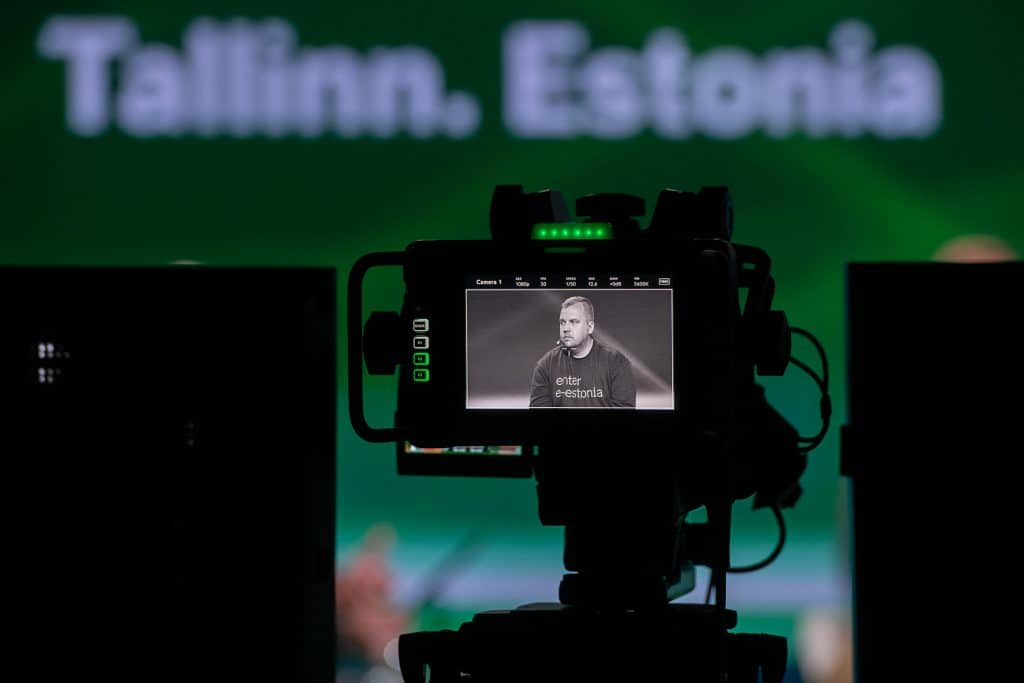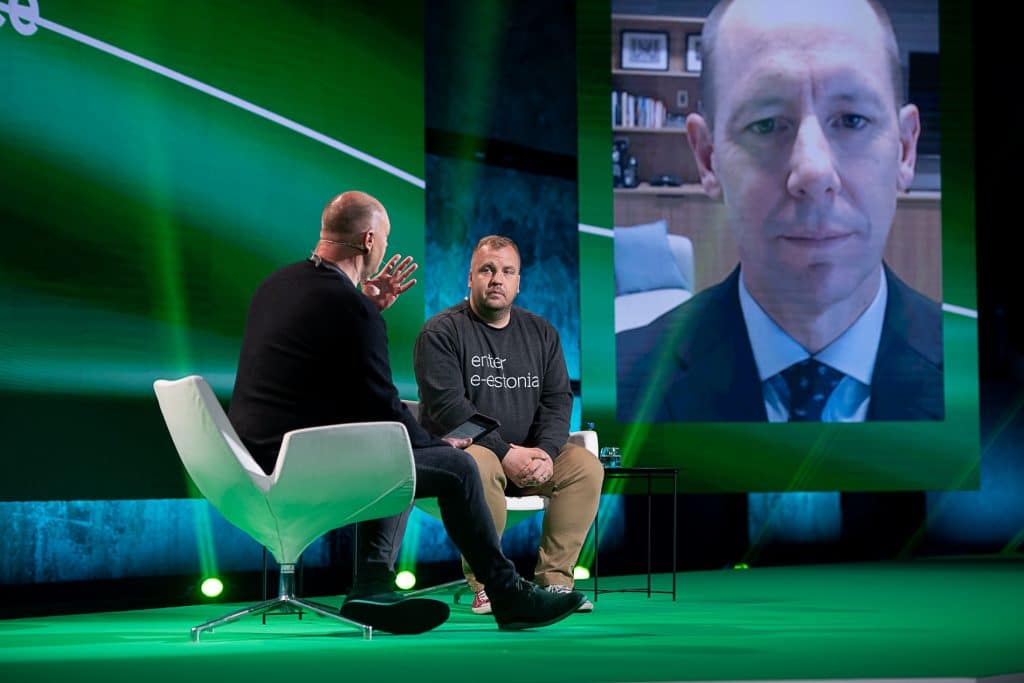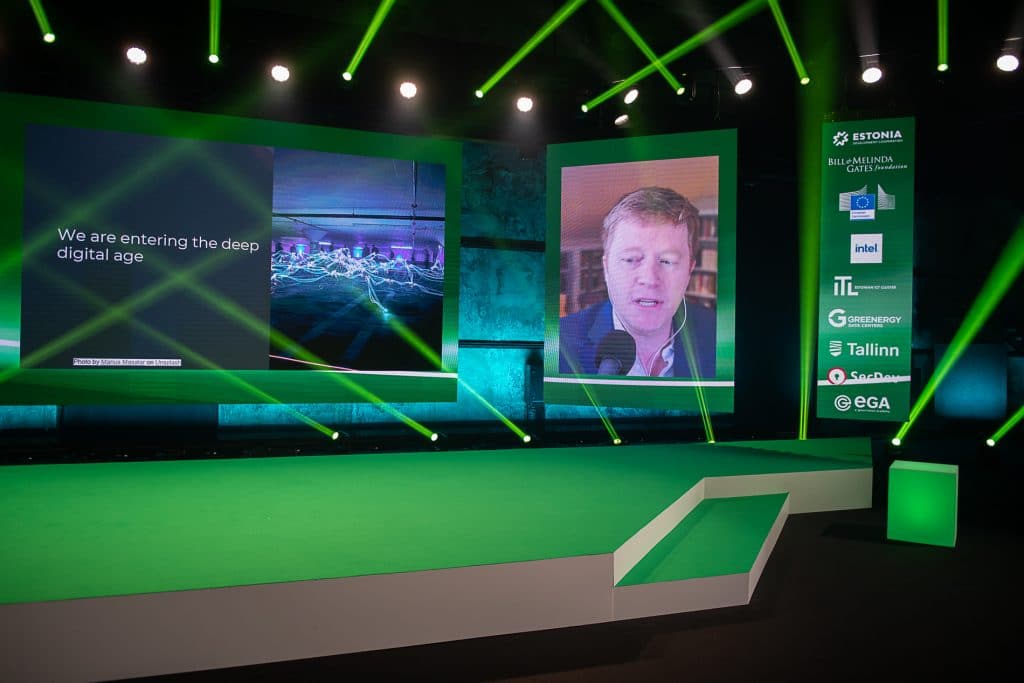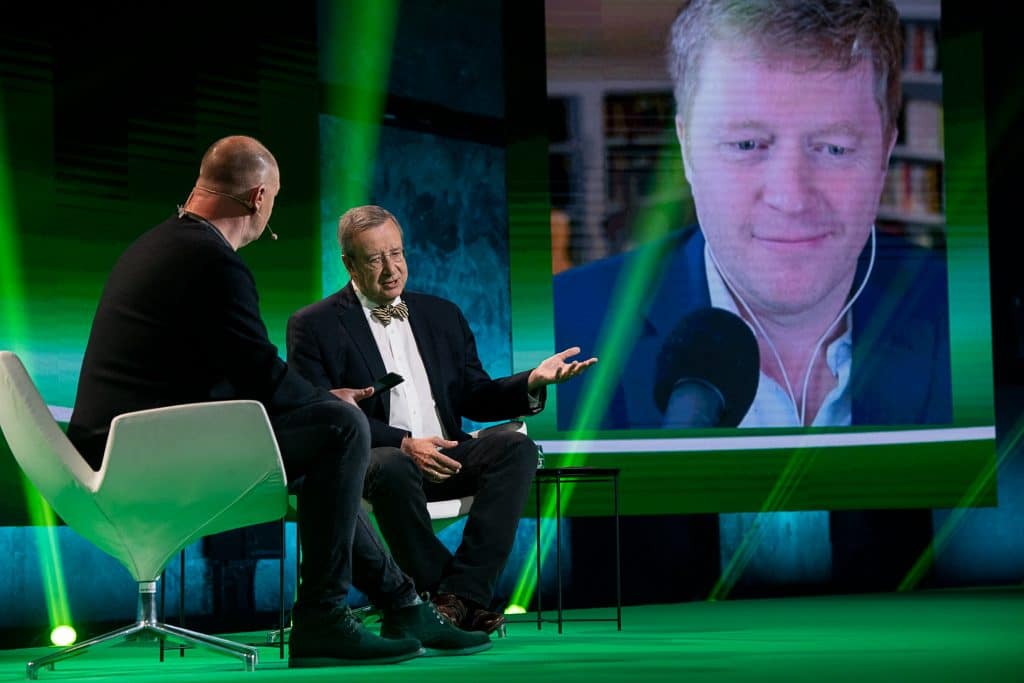Day 3: Looking ahead into the Next Normal
This year’s e-Governance Conference – A Digital Decade in One Year – has reflected on the accelerated digital transformation resulting from the pandemic. Participating expert speakers shared the challenges they encountered over the past year, their impressive digitalisation achievements across continents, and the lessons they will be taking into the next normal.

On the first day of the Conference, we mapped out the main components that comprise the necessary foundation for effective e-government. This was followed by a deep dive into the new normal in which we find ourselves today. The panel discussions in Day 2 covered critical considerations around issues of security, equality, and resources as well as the digital skills needed to navigate the next normal. High-level government representatives presented country experiences around the world, featuring stories that indeed reflect a decade worth of digitalisation that has taken place in only a year.
The last day of the Conference turned to the next normal we are about to enter. The speakers outlined the trends that governments need to consider when drafting their digitalisation strategies. The sessions also covered questions around digital responsibility – in both the public and private sector – and shed light on the e-government of tomorrow.
Rewatch the conferene here
Digital transformation trends shaping the next normal
The conversation on the next normal was kicked off with one of the most topical questions around current digital trends – will the momentum of the past year stay, or will we return to the previous normality? Siim Sikkut, Government Chief Information Officer of Estonia, highlighted that while the intention to maintain this pace of development exists rhetorically, leaders must channel this into concrete strategies for positive digital changes to stick.
Randall Brugeaud, Chief Executive Officer of the Digital Transformation Agency in Australia, echoed this observation, saying that the lessons learned need to be intentionally embedded into government planning to maintain momentum. Brugeaud also underlined that the crisis provided governments and businesses a direct line of sight into the real-life impact of their decisions on the people they are serving. The capacity to relateon this new level, is something that he hopes will be carried into the next normal.

Looking at specific activities, Sikkut proposed that the main issues for government CIOs have remained the same but the priorities within them have shifted. First, it is important to figure out how to align governmentmachinery – the mindset, culture, and skills – with the demands for maintaining fast-paced development. Second, selecting the right tools and platforms to enable efficient digital functioning of the government. And lastly, striking the right balance between keeping current systems running while also continuing to innovate – a challenge highlighted by many speakers throughout the day.
Calling for more digital responsibility in the public and private sector
But alongside rapid digital strides, many participating experts called attention to accountability and sustainability. The various sessions on digital responsibility addressed just that – from the perspective of governments, corporations, and civil society organisations.
Eli Sugarman, Content Director at the Oversight Board Administration, stressed that public interest must play a key role in the discussions and decisions around technology. In his keynote, Sugarman outlined three areas with the potential to make this a reality – strategic philanthropy in the digital sector, scaling and improving the impact of non-profits, as well as embedding more structural accountability in private sector governance.

Although there is a lot of work ahead, many promising initiatives in the field have already emerged. In this regard, Sugarman shared the work of the CyberPeace Institute and the Oversight Board. Üllar Jaaksoo, CEO of Greenergy Data Centers, complemented these examples with an environmental dimension. He underlined the efforts of the EU Green Deal Framework and the recent Self-Regulatory Initiative between data centres that are committed to greater energy efficiency.
Shedding light on the e-government of tomorrow
The 7th e-Governance Conference was wrapped up by expanding horizons and looking at the bigger picture of future e-governance. Futurist and author, Trond Arne Undheim, provided insight into the “deep digital age” that characterises the next normal. Undheim believes that the upcoming decade will see advancements in digital voting, interoperable digital identities, and smarter towns.

Earlier in the day, Sir Geoff Mulgan, Professor at University College London, also suggested that future e-government is not just about the provision of services and enhancing their usability and interoperability. Rather, more emphasis needs to be placed on figuring out how digitalisation can make systems more intelligent – i.e., taking a step beyond the new normality we have reached.
Inevitably, such bold predictions beg the question – how should governments move forward to reach these achievements? Undheim suggests decentralisation, simplification, enabling smaller players to contribute to public service infrastructure, stopping massive e-government rollouts, and building everything in a modular fashion. Public-private partnerships need to be diversified and enhanced to avoid silos, which will be harder to eliminate in the future.

Former President of Estonia Toomas Hendrik Ilves acknowledged that any future development must be considered within the context of political and cultural factors that vary around the world. But beyond this, if governments are on a well-intentioned digital pursuit, his simplified advice is to “just build it” – encouraging to avoid overcomplicating the process and getting the ball rolling, to then refine and adjust along the way.
The e-Governance Conference is an annual event aimed at international digital development cooperation. It has been organised by the e-Governance Academy (eGA) in cooperation with the Estonian Ministry of Foreign Affairs since 2015. This year’s e-Governance Conference – A Digital Decade in One Year – looks at the implications of the accelerated digital transformation that resulted from the pandemic. The programme provides governments with the new perspective on how to systemise the experience gained from 2020 and move forward with more sustainable digital transformation.
The conference is organised by the e-Governance Academy in cooperation with the Ministry of Foreign Affairs of Estonia, the Bill and Melinda Gates Foundation, the European Commission, Intel and the Estonian ICT cluster.